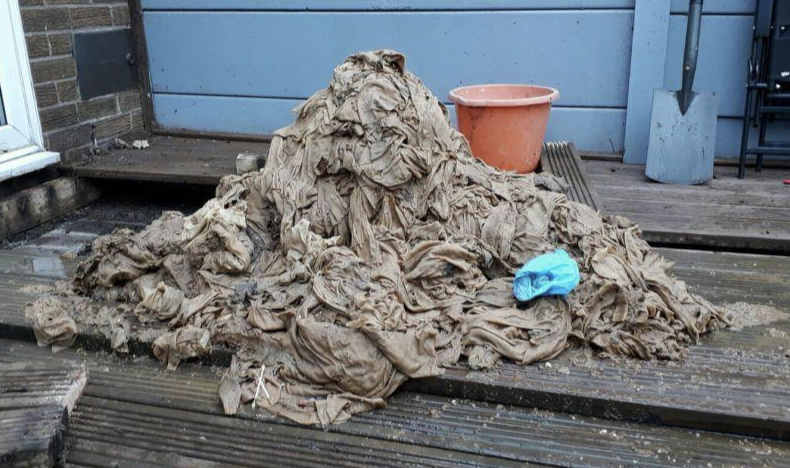Wet wipes may seem like a convenient and hygienic option, especially when you’re dealing with the messy reality of babies, toddlers and children (and possibly some adults), but when they’re flushed down the loo, the impact can be far less clean.
Despite the allure of convenience, here are ten compelling reasons why ANY wipes should never find their way down your toilet!
-
They Don’t Break Down Like Toilet Paper
Toilet paper is designed to disintegrate quickly in water, a critical feature for keeping pipes and drains clear. Wipes, even those labelled as flushable, , can lead to a blockage that can clog pipes and the sewage systems. These clogs, you might know as Fatbergs.
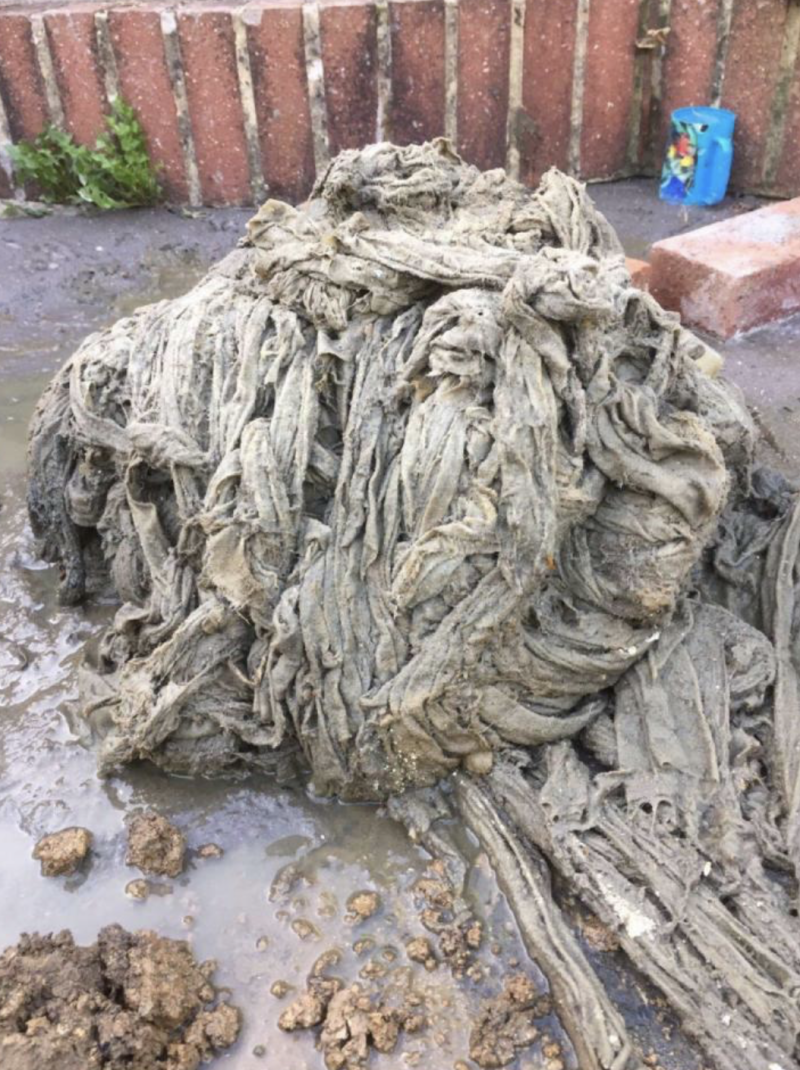
Fatbergs are solid masses of non-biodegradable products, such as wet wipes, and congealed cooking oil, fat or grease. They smell rancid and are very difficult and costly o remove.
-
Clogging and Blockages Are A Real Threat
When wipes make it past your home’s plumbing, they enter the municipal sewer system where they can cause serious blockages. Unlike toilet paper, which dissolves, wipes remain intact, snagging on everything from tree roots to other debris, leading to costly and unpleasant sewage backups.
-
Environmental Nuisance
Beyond the plumbing issues, wipes contribute to environmental pollution. They often contain synthetic fibers that do not break down in the environment, adding to the microplastic pollution in our waterways, which is harmful to aquatic life.
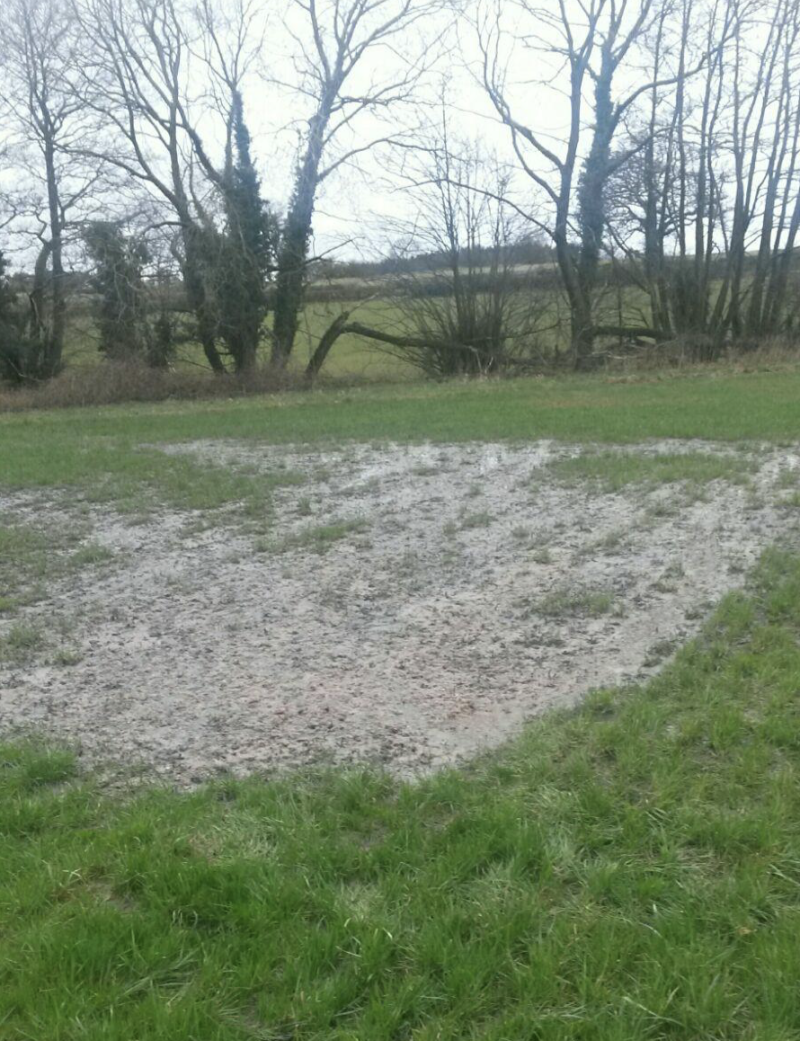
-
Harmful to Wildlife
Wipes that make their way into natural bodies of water can be ingested by wildlife. The fibers and plastics within can cause internal blockages in animals or even lead to their death.
-
They Can Damage Plumbing Systems
In your home, accumulated wipes can cause significant damage to the internal plumbing systems. Over time, this may require expensive interventions like pipe replacements or professional cleaning services to resolve clogs and damage. We’re all trying to make our homes safe & clean for our families, and yet this can build up silently and quietly until it’s too late.
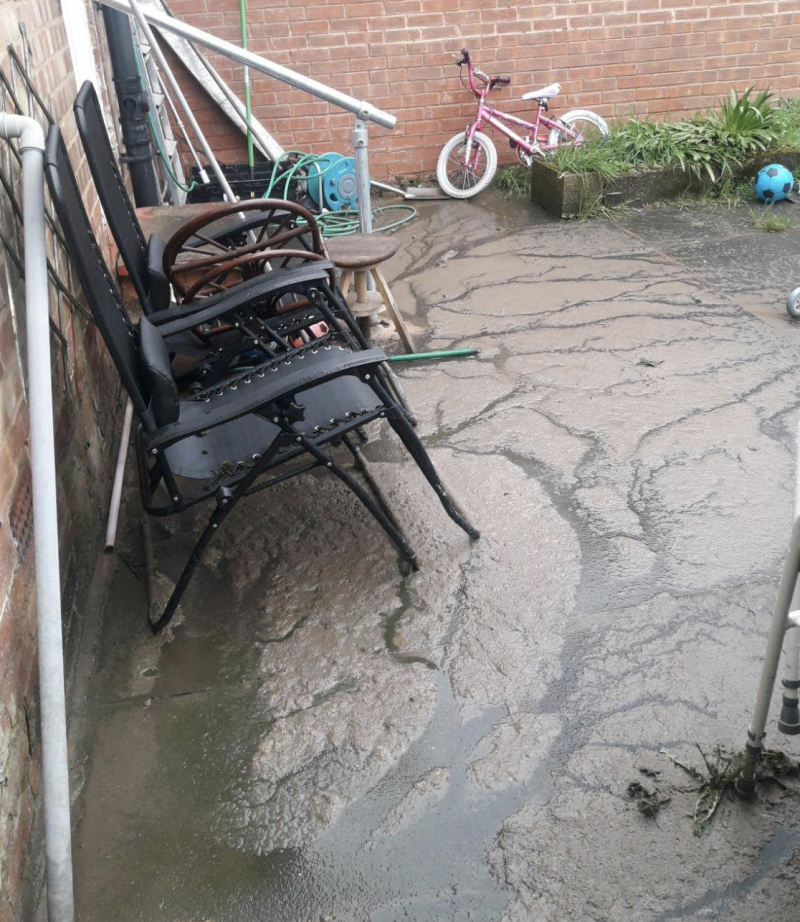
-
Chemical Composition
Many wipes contain chemicals that are not just harsh on the skin but can also disrupt the bacterial balance in septic systems. This imbalance can halt the natural breakdown process within septic tanks, leading to system failures and overflows.
-
Sewage Treatment Overload
At the municipal level, wipes can put extra strain on wastewater treatment facilities. They complicate the treatment process and often lead to increased maintenance and operational costs, which can be passed on to consumers as higher water bills. No-one wants that.
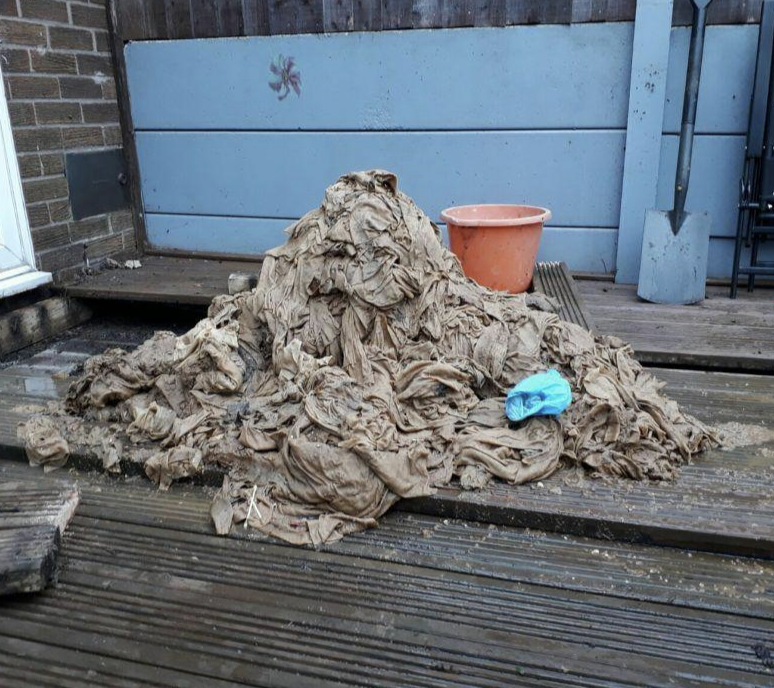
-
False Advertising
The term ‘flushable’ can be misleading. Regulatory standards for what constitutes “flushable” often only consider whether a product will move past your toilet bowl without clogging. The broader implications for plumbing and environmental impact are not taken into account.
-
Public Health Risks
Sewer blockages and overflows pose significant public health risks. When sewers back up, they can expose communities to untreated sewage, leading to potential health crises and contamination of drinking water sources.
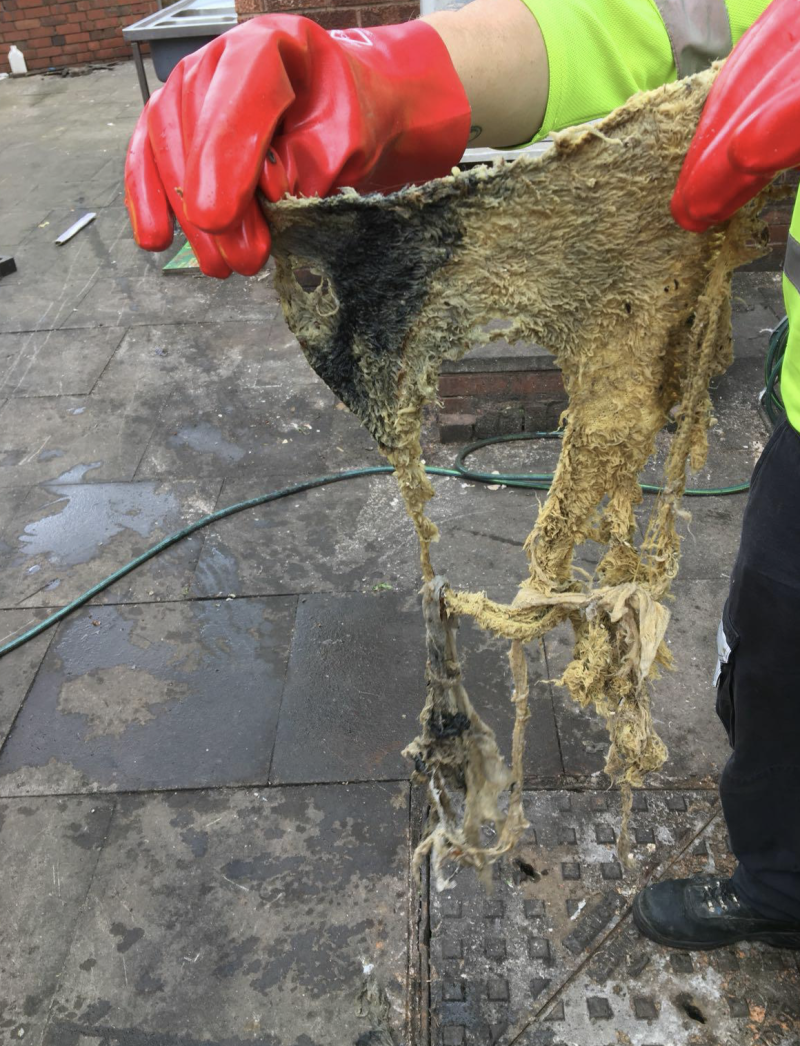
-
Economic Impact
The collective impact of flushing wipes can lead to increased public spending on sewage treatment infrastructure and maintenance. This is money that could otherwise be used for upgrading public services or reducing tax burdens.
While the convenience of flushable wipes might be tempting, the cost to your plumbing, your community’s infrastructure, and the environment is far too great. Next time you reach for that wipe, consider a more sustainable alternative, or ensure it ends up in the bin, not the bowl. Let’s save our sewers and wildlife, one wipe at a time!
For more information head to: Stop the Block
*This article was created in partnership with United Utilities

